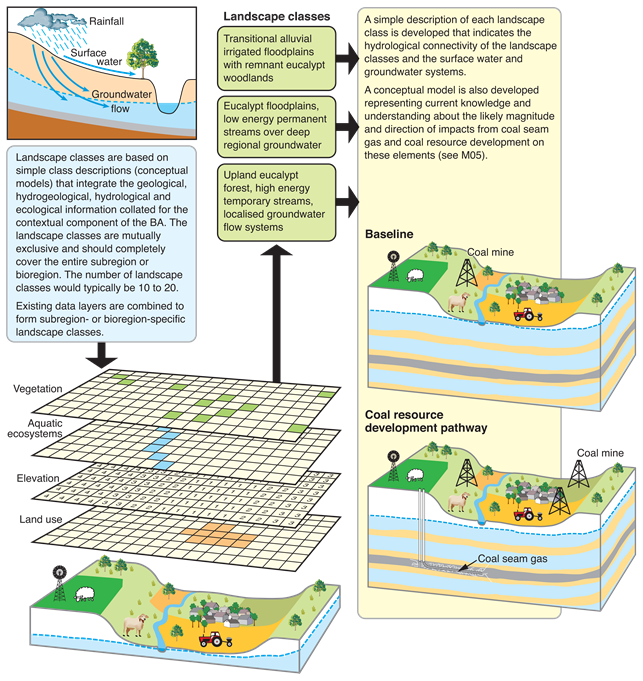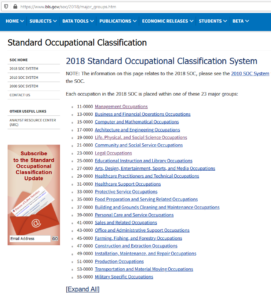Navigating the Landscape of Universal Classification Systems: A Comprehensive Guide
Related Articles: Navigating the Landscape of Universal Classification Systems: A Comprehensive Guide
Introduction
With great pleasure, we will explore the intriguing topic related to Navigating the Landscape of Universal Classification Systems: A Comprehensive Guide. Let’s weave interesting information and offer fresh perspectives to the readers.
Table of Content
Navigating the Landscape of Universal Classification Systems: A Comprehensive Guide

The concept of classification, the act of organizing information into meaningful categories, is fundamental to human understanding. In the digital age, this concept takes on a new dimension, driving the need for robust and standardized systems for organizing vast amounts of data. Universal Classification Systems (UCS) play a crucial role in this endeavor, serving as the backbone of information retrieval, knowledge management, and cross-disciplinary collaboration.
This guide aims to provide a comprehensive overview of UCS, exploring its various facets, highlighting its significance in the modern information ecosystem, and addressing common questions surrounding its implementation and application.
Understanding the Essence of Universal Classification Systems
At its core, a UCS is a hierarchical system designed to encompass all knowledge domains, regardless of their specific nature or field of origin. It operates on the principle of assigning unique identifiers, known as "codes," to individual concepts, allowing for consistent and unambiguous representation across diverse information sources.
Key Features of a Universal Classification System
- Comprehensiveness: UCS strives to cover the entire spectrum of human knowledge, encompassing all disciplines, subjects, and concepts.
- Hierarchical Structure: UCS typically employs a hierarchical structure, organizing concepts into increasingly specific categories, enabling efficient navigation and retrieval.
- Standardization: The use of standardized codes ensures consistency and interoperability across different systems and platforms, facilitating seamless integration of information.
- Dynamic Nature: UCS are inherently dynamic, evolving and adapting to accommodate new knowledge, emerging fields, and changing information landscapes.
Benefits of Universal Classification Systems
The adoption of UCS brings numerous benefits to various stakeholders, including:
- Enhanced Information Retrieval: UCS enables efficient and accurate retrieval of relevant information, regardless of the source or format.
- Improved Knowledge Management: UCS facilitates the organization, storage, and retrieval of knowledge assets, fostering effective knowledge sharing and collaboration.
- Cross-Disciplinary Collaboration: UCS promotes interdisciplinary research and collaboration by providing a common framework for understanding and connecting disparate knowledge domains.
- Data Analysis and Interpretation: UCS supports data analysis and interpretation by enabling the identification of patterns, trends, and relationships across different datasets.
Examples of Universal Classification Systems
Several prominent UCS exist, each with its unique characteristics and applications:
- Universal Decimal Classification (UDC): One of the oldest and most comprehensive UCS, UDC covers all areas of knowledge and is widely used in libraries and information centers worldwide.
- Library of Congress Classification (LCC): Primarily used by the Library of Congress, LCC is a widely adopted system for organizing library collections, particularly in academic settings.
- Dewey Decimal Classification (DDC): A widely used system for organizing library collections, DDC is known for its simplicity and user-friendliness.
- Thesaurus of ERIC Descriptors (TES): A specialized UCS developed for the education domain, TES provides a comprehensive vocabulary for indexing and retrieving educational resources.
Challenges and Considerations in Implementing UCS
While UCS offers significant advantages, their implementation and maintenance pose certain challenges:
- Complexity and Scope: Developing and maintaining a comprehensive UCS requires significant effort and resources, given the vastness of human knowledge.
- Evolving Knowledge Landscape: The constant emergence of new concepts and disciplines necessitates ongoing updates and revisions to ensure the accuracy and relevance of UCS.
- Cultural and Linguistic Diversity: Adapting UCS to different languages and cultures can be challenging, requiring careful consideration of linguistic nuances and cultural contexts.
FAQs on Universal Classification Systems
1. What is the difference between a classification system and a taxonomy?
While both systems involve organizing information into categories, a classification system is typically hierarchical, allowing for multiple levels of categorization. In contrast, a taxonomy is often more linear, focusing on a specific domain and emphasizing relationships between concepts.
2. How do I choose the right UCS for my needs?
The choice of UCS depends on factors such as the specific domain of knowledge, the intended audience, and the available resources. It is essential to evaluate the scope, structure, and maintenance requirements of different systems before making a decision.
3. How can I learn more about UCS?
Numerous resources are available for learning about UCS, including online tutorials, workshops, and publications. Organizations like the International Federation of Library Associations and Institutions (IFLA) and the Library of Congress provide valuable information and guidance on UCS.
Tips for Effective Use of Universal Classification Systems
- Understand the Scope and Structure: Familiarize yourself with the specific UCS you are using, understanding its scope, structure, and underlying principles.
- Use Standardized Codes: Utilize the designated codes consistently to ensure interoperability and accurate retrieval of information.
- Stay Updated: Keep abreast of any updates or revisions to the UCS to ensure its continued relevance and accuracy.
- Seek Expert Guidance: Consult with information specialists or subject matter experts for assistance in navigating and applying UCS effectively.
Conclusion
Universal Classification Systems are indispensable tools for organizing, managing, and retrieving information in the digital age. Their comprehensiveness, standardized nature, and hierarchical structure enable efficient knowledge management, cross-disciplinary collaboration, and effective information retrieval. While challenges exist in their implementation and maintenance, the benefits of UCS outweigh the complexities, making them essential for navigating the ever-expanding landscape of human knowledge.







Closure
Thus, we hope this article has provided valuable insights into Navigating the Landscape of Universal Classification Systems: A Comprehensive Guide. We hope you find this article informative and beneficial. See you in our next article!
